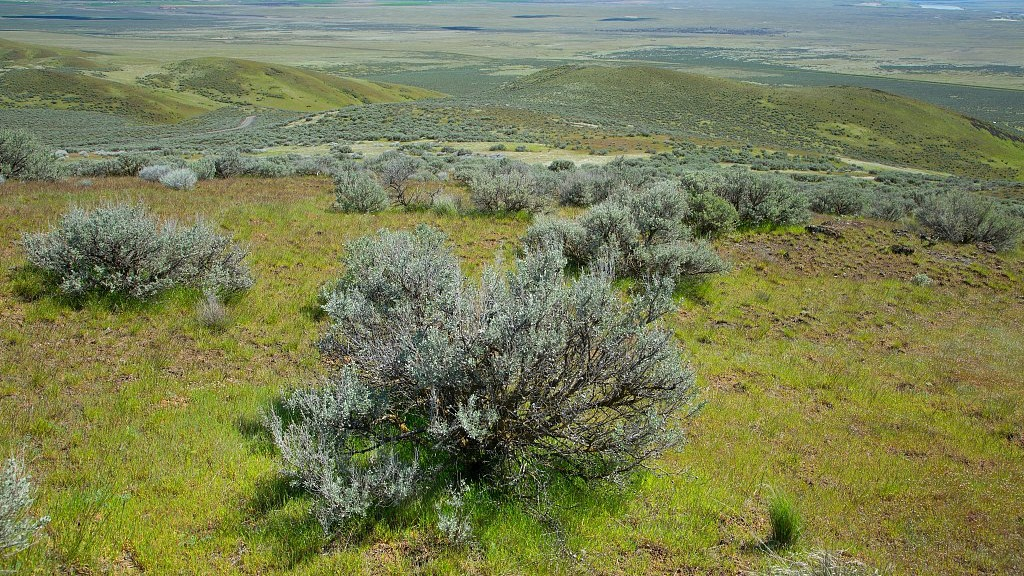
Chinese researchers have disclosed that shrub encroachment might cause soil inorganic carbon reduction by acidifying soil, according to a recent research article published in the Journal of Ecology.
Widespread shrub encroachment in global drylands may increase plant biomass and change soil organic carbon stocks of grassland ecosystems, said the research article. The researchers from the Institute of Botany under the Chinese Academy of Sciences hoped to find out the response of soil inorganic carbon to vegetation shift.
They conducted a field survey in shrub-encroached grasslands in north China's Inner Mongolia Autonomous Region to evaluate how shrub encroachment affects the soil inorganic carbon density.
The result showed that shrub encroachment significantly reduced the inorganic carbon density in the soil, especially in the subsurface soil between the 20 and 50 centimeters layer.
The soil inorganic carbon density changes were related to the soil pH value, indicating that the inorganic carbon reduction in the soil might be attributed to the shrub encroachment‐related soil acidification, said the research article.
Researchers suggested that the inorganic carbon was mainly released from the soil into the atmosphere rather than redistributed into deeper soil layers.
(If you want to contribute and have specific expertise, please contact us at nature@cgtn.com.)
Source(s): Xinhua News Agency